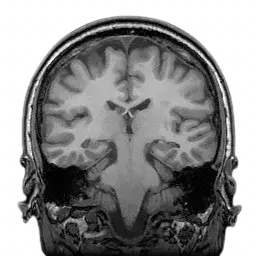Drawing Inspiration from Biology: Mpalo's Research-Driven Innovation
Neuroscience-Inspired AI: General Principles and Concepts
Mpalo's approach to developing advanced artificial intelligence with human-like memory capabilities is deeply inspired by the fundamental principles of memory function as revealed by decades of neuroscience research, with a particular emphasis on the intricate workings of the human hippocampus. Our goal is to translate the biological mechanisms underlying memory into robust and innovative AI solutions.
A central concept in our work is episodic memory, the brain's ability to remember specific events, including the rich context of those experiences – the "what, where, and when"58. This type of memory is fundamental to human intelligence, allowing us to learn from past experiences and apply that knowledge to new situations. Mpalo's Palo Engines are designed to capture and recall information in a way that mirrors this episodic nature, enabling AI to remember sequences of events and their associated contexts.
The brain's capacity for long-term information storage is another key inspiration for our technology. Neuroscience suggests that information is encoded and stored through complex neural networks and synaptic connections. Similarly, Mpalo leverages advanced techniques, such as vector databases and internal layer solutions, to create durable and efficient long-term memory storage for AI systems. The process of learning and memory consolidation in the brain, where short-term experiences are gradually transformed into stable long-term memories, informs how our AI systems learn and retain information over time. The biological phenomenon of long-term potentiation (LTP), the strengthening of synaptic connections through repeated activity, provides a conceptual basis for how our AI strengthens associations and learns from experience.
The importance of context in memory, as demonstrated by the role of place cells in encoding spatial information within the hippocampus, is also a guiding principle in the design of Palo Engines. Our technology aims to capture and utilize contextual cues associated with information, allowing for more accurate and relevant memory retrieval. Just as human memory integrates information from multiple senses, Mpalo's technology supports multi-modal inputs, including vision and image generation, drawing inspiration from the brain's integrated processing of sensory information to create a more holistic memory representation. Furthermore, the advanced reasoning techniques employed in our higher-tier models, such as "Memory-Traversal" and "Memory Mapping," are inspired by the brain's ability to link memories through associations and retrieve information through complex inferential processes. By drawing inspiration from these fundamental principles of neuroscience, Mpalo is developing AI memory solutions that strive for a level of sophistication and human-like functionality previously unattainable.





